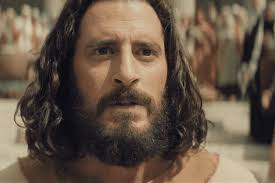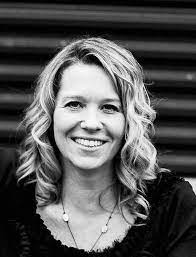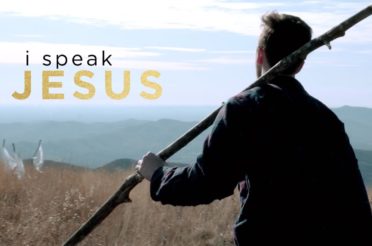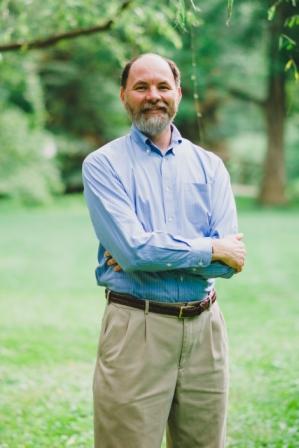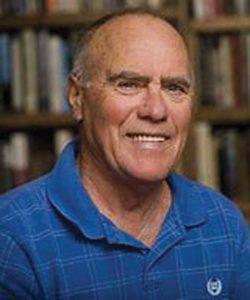By Roger Barbee
Two articles from last week’s reading resonate with me—one from a religious magazine written by a minister and the other in a major newspaper written by a columnist.
The columnist writes about “feelings of hopelessness and self-hatred [that] can leave you to live with a smoldering rage.” He writes that the problem facing Washington, D.C. is not one of moral failure but “public health problems coming our way at the point of a gun.” He asks, “But what are we doing about what we already know about the forces driving violence?”
The minister shares her need for heaven, but not the heaven “beyond clouds, harps, and chubby baby angels.” She objects to “Our culture’s images of heaven [that] are so saccharine, so sentimental, so boring.” What she wants is for us to have a heaven with the “possibility of actual peace, reconciliation, and abundance for all.”
Both writers want the same thing—an assurance for a better world, one free from hate, poverty, chronic pain, violence, and more. They both want a world of justice, one full of hope. But how do we give hope to those who suffer from the massive violence of our country-the violence not only of guns, but the violence of injustice, the violence of a low-paying job, the violence of chronic pain, the violence of addiction, the violence of believing that this is all there is? If we can give citizens hope, then they will more likely be equipped to fight the obstacles of modern-day life.
One writer’s obvious way to combat the ills she faces in her personal and cultural life is her religious faith and “The hope of heaven is the glimmer of steady light that guides and protects me in the valley of the shadow of death.” Her hope drives her days.
However, the newspaper columnist tells us that “The exposure to violence does something to you.” It is that violence lived and seen daily that probably causes there to be “no hope in the future to drive the day,” so why not gravitate to the easy path of drugs, guns, wanton sex, and alcohol that make life something not cherished but something cheap and expendable?
How do we give hope to such a life as that? We can’t by ways of large government programs. They can help, but we should have learned that large government won’t succeed because we have tried for years to give hope to downtrodden members of our communities through that channel.
I grew up in a single parent household during the segregated south of the 1950’s and 60’s. My mother hemmed washcloths in a cotton mill and reared 6 children. We were poor. We were White. But we were not trashy because our mother demanded of herself and us children. She once told a sister that she, a fine-looking divorced woman, could have spent every weekend at the beach, but she stayed home with her children, doing the hard work of a single parent. She made us go to church, and she had expectations of us. She parented us. She was not perfect, nor were we, but we all grew into professionals who contributed to society. She showed us “hope in the future to drive the day.”
Governmental programs, as churches and schools, help individuals succeed. However, when an individual faces the brutality that some of us do each day, that person needs an adult to guide him or her as if lost in a dense forest. A map of that forest is like governmental programs—it can help, but it can’t offer encouragement at each step and turn the same way as that of a guide. The guide not only leads but gives hope, and that kind of hope can only be built from the intimate involvement of an adult who gives unconditional love at each step on the path through the dense forest. We all need maps, but we also need guides who will help us, not hinder our journey. And the best guides are parents like my mother who did the difficult work of guiding and encouraging.
This kind of hope comes from a belief that there is more to life than what is seen. It comes from a belief that there is something larger than self—call that something whatever suits you, but real hope comes from believing that each of us is a part of a larger existence. This kind of hope will give a future to drive each day.
